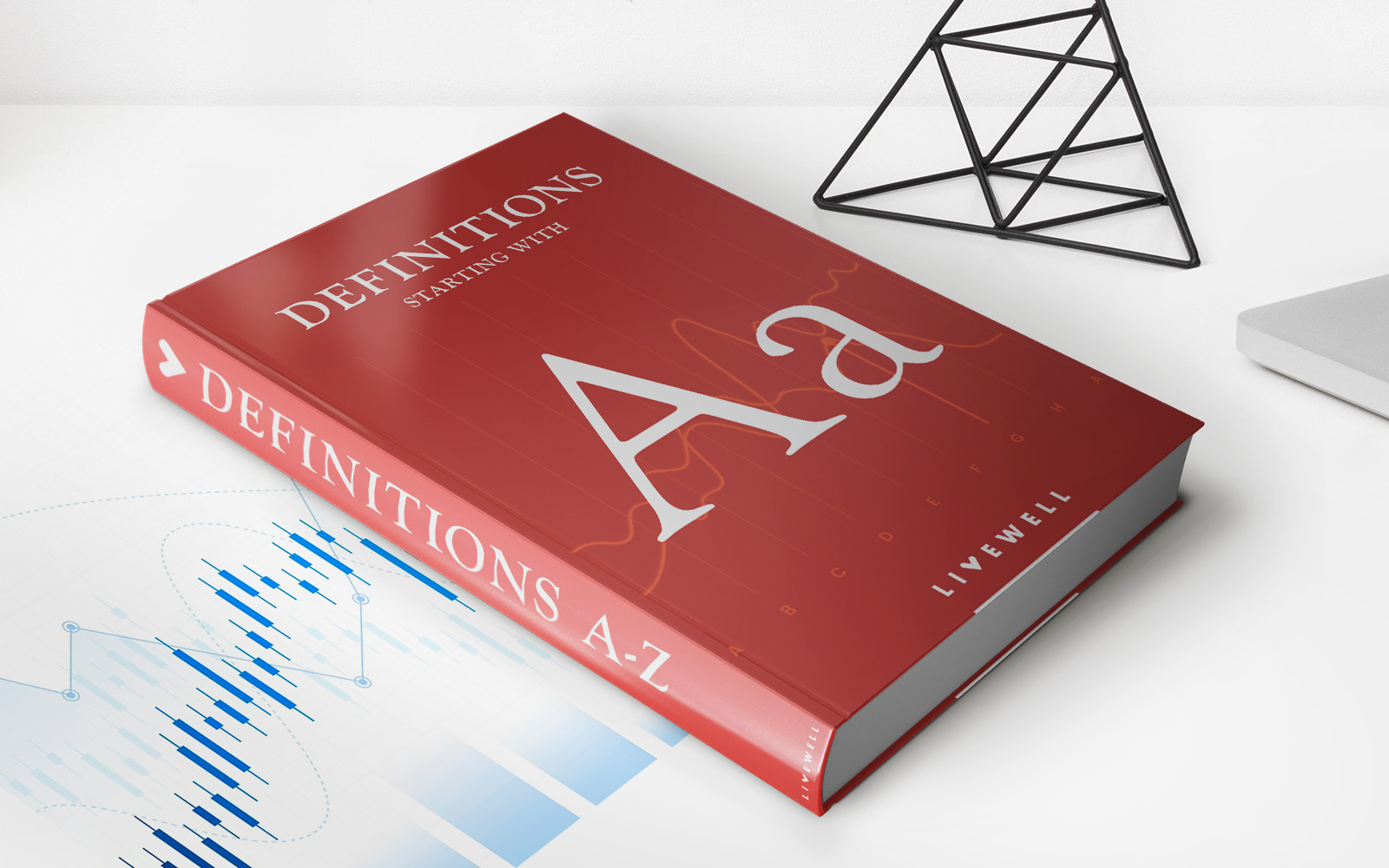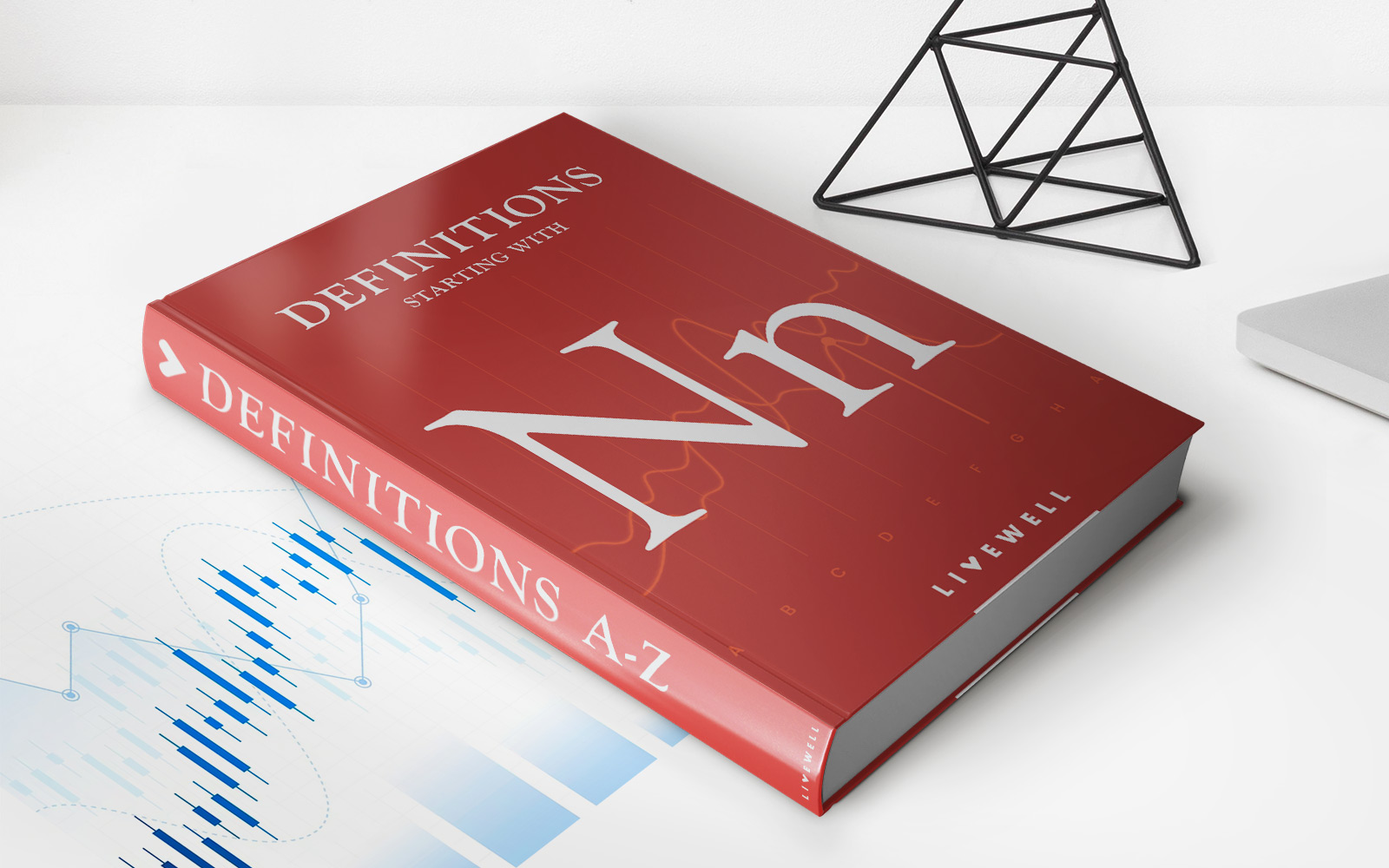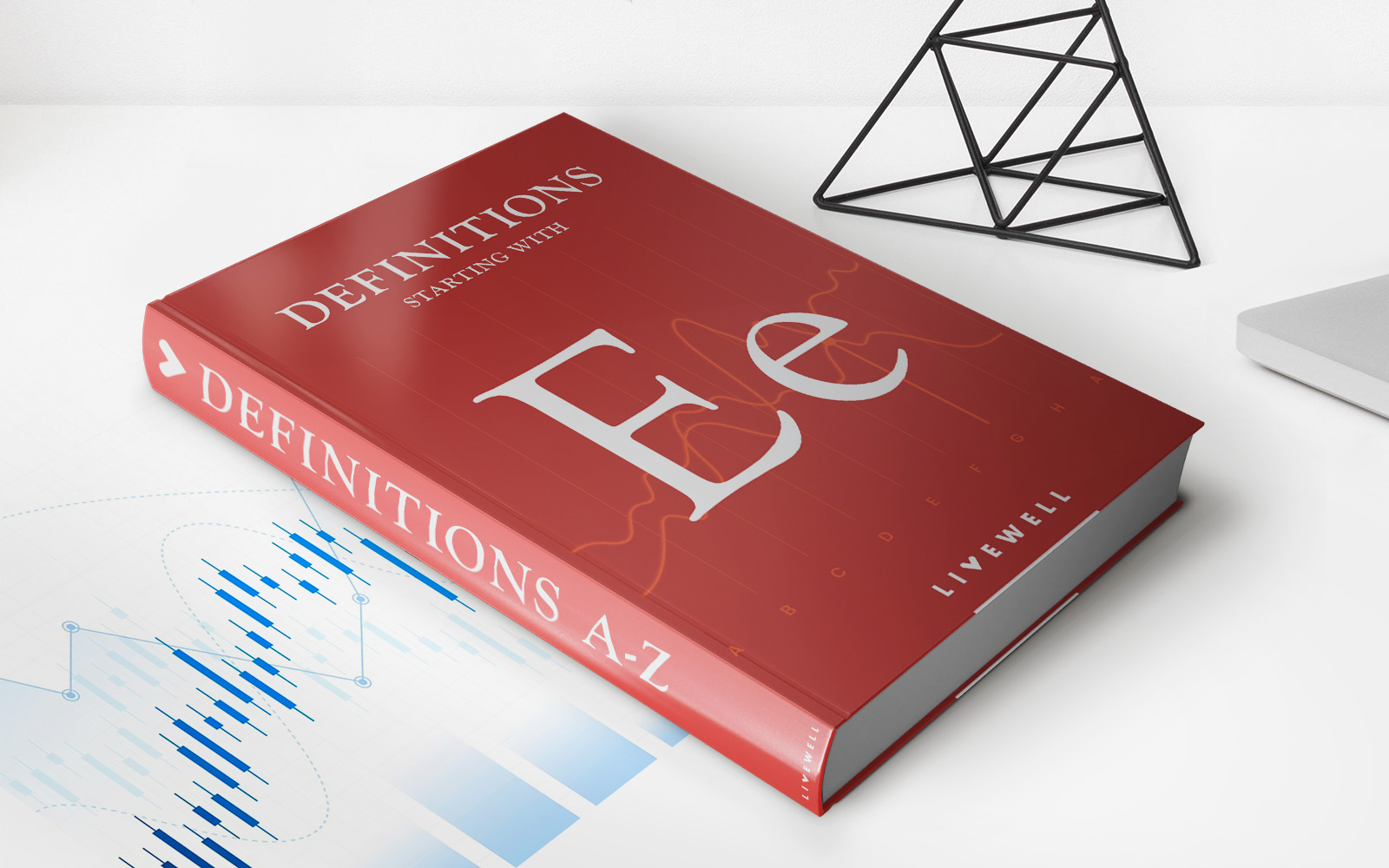

Finance
What Is A Revolving Credit Deed Of Trust?
Modified: March 5, 2024
Learn about revolving credit deeds of trust in finance. Understand how they work and their benefits. Discover how to use them to manage your finances effectively.
(Many of the links in this article redirect to a specific reviewed product. Your purchase of these products through affiliate links helps to generate commission for LiveWell, at no extra cost. Learn more)
Table of Contents
**
Introduction
**
Revolving credit deeds of trust play a pivotal role in the realm of finance, offering individuals and businesses a flexible and convenient means of accessing funds. This financial instrument, often utilized in real estate transactions, enables borrowers to obtain loans secured by a deed of trust on real property. Through this mechanism, borrowers can access funds as needed, up to a predetermined credit limit, while leveraging the equity in their property as collateral.
Revolving credit deeds of trust are a versatile tool that can serve a variety of purposes, ranging from home renovations and debt consolidation to funding business ventures. Understanding the intricacies of this financial instrument is crucial for individuals and businesses seeking to harness its benefits effectively.
In this comprehensive guide, we will delve into the fundamentals of revolving credit deeds of trust, exploring their mechanics, benefits, and the process of obtaining them. By gaining insights into this financial tool, readers will be empowered to make informed decisions regarding its utilization, thereby optimizing their financial strategies and leveraging their real estate assets more effectively.
Understanding Revolving Credit Deed of Trust
A revolving credit deed of trust is a financial arrangement that allows borrowers to access funds secured by the equity in their real property, typically their home. Unlike traditional mortgages or loans, which provide a lump sum of money upfront, a revolving credit deed of trust functions as a line of credit, enabling borrowers to withdraw funds as needed, up to a predetermined limit.
One of the key features of a revolving credit deed of trust is its flexibility. Borrowers have the freedom to access funds on an as-needed basis, making it an ideal financial tool for managing fluctuating expenses or pursuing ongoing projects. Additionally, borrowers only pay interest on the amount they have withdrawn, rather than the entire credit limit, providing cost savings and financial efficiency.
Another important aspect of revolving credit deeds of trust is their revolving nature. As borrowers repay the withdrawn funds, those amounts become available for future use, effectively replenishing the line of credit. This revolving structure distinguishes revolving credit deeds of trust from traditional loans, offering a continuous source of funding without the need to reapply for a new loan each time funds are required.
Furthermore, revolving credit deeds of trust are secured by a deed of trust on the borrower’s property, providing a level of security for the lender. This collateralization often results in favorable interest rates for borrowers, as the reduced risk for the lender translates into more competitive borrowing terms.
Understanding the mechanics and advantages of a revolving credit deed of trust is essential for individuals and businesses seeking flexible and efficient access to funds. By leveraging the equity in their real property through this financial instrument, borrowers can navigate financial challenges, pursue opportunities, and manage expenses with greater agility and cost-effectiveness.
Benefits of Revolving Credit Deed of Trust
Revolving credit deeds of trust offer a multitude of benefits for borrowers, making them a valuable financial tool in various scenarios. Understanding these advantages is essential for individuals and businesses evaluating their financing options and seeking flexible, cost-effective means of accessing funds.
-
Flexibility: One of the primary benefits of a revolving credit deed of trust is its flexibility. Borrowers can access funds as needed, up to a predetermined credit limit, providing a safety net for unexpected expenses or funding ongoing projects. This flexibility enables borrowers to manage their finances more effectively, addressing fluctuating needs without the constraints of a traditional loan.
-
Cost-Efficiency: With a revolving credit deed of trust, borrowers only pay interest on the amount they have withdrawn, rather than the entire credit limit. This cost-effective structure can result in significant savings, particularly when compared to traditional loans that require borrowers to pay interest on the entire loan amount from the outset.
-
Continuous Access to Funds: The revolving nature of this financial instrument ensures that repaid amounts become available for future use, effectively replenishing the line of credit. This continuous access to funds without the need to reapply for a new loan makes revolving credit deeds of trust a convenient and sustainable source of financing.
-
Competitive Interest Rates: As revolving credit deeds of trust are secured by a deed of trust on the borrower’s property, lenders often offer more competitive interest rates compared to unsecured lines of credit or traditional personal loans. This can result in cost savings for borrowers and make this financing option more attractive.
-
Utilization for Various Purposes: Whether it’s home renovations, debt consolidation, or funding business initiatives, a revolving credit deed of trust can be utilized for a wide range of purposes. This versatility allows borrowers to address diverse financial needs without being limited by the specific terms or restrictions associated with other types of loans.
By harnessing these benefits, borrowers can effectively manage their financial obligations, seize opportunities, and navigate changing circumstances with greater confidence and agility. The inherent advantages of revolving credit deeds of trust underscore their relevance as a dynamic and adaptable financial solution for individuals and businesses alike.
How to Obtain a Revolving Credit Deed of Trust
Obtaining a revolving credit deed of trust involves a series of steps that enable borrowers to secure this flexible and valuable financial instrument. Whether individuals are seeking to leverage the equity in their home for various purposes or businesses are exploring financing options, understanding the process of obtaining a revolving credit deed of trust is essential for harnessing its benefits effectively.
The following steps outline the typical process for obtaining a revolving credit deed of trust:
-
Assessing Eligibility: Before applying for a revolving credit deed of trust, borrowers should evaluate their eligibility based on factors such as credit history, income, and the equity in their property. Lenders may have specific criteria that borrowers must meet to qualify for this type of financing.
-
Researching Lenders: Borrowers can research and compare lenders offering revolving credit deeds of trust to identify reputable institutions with favorable terms and competitive interest rates. This step is crucial in selecting a lender that aligns with the borrower’s financial goals and preferences.
-
Application Process: Once a lender has been chosen, borrowers can initiate the application process for a revolving credit deed of trust. This typically involves submitting financial documentation, such as income verification and property appraisals, to support the application.
-
Credit Limit Determination: Upon approval, the lender will establish a credit limit based on the borrower’s equity, financial standing, and other relevant factors. This limit represents the maximum amount that the borrower can access through the revolving credit deed of trust.
-
Securing the Deed of Trust: As the revolving credit deed of trust is secured by a deed of trust on the borrower’s property, the necessary legal and documentation processes will be initiated to formalize the collateralization of the loan. This step provides security for the lender and outlines the borrower’s obligations.
-
Accessing Funds: Once the revolving credit deed of trust is established, borrowers can access funds as needed, up to the approved credit limit. The flexibility of this financial instrument allows for seamless withdrawal and repayment of funds, providing ongoing access to financing.
By navigating these steps effectively, borrowers can obtain a revolving credit deed of trust and leverage its benefits to address financial needs, pursue opportunities, and manage expenses with greater flexibility and efficiency.
Conclusion
Revolving credit deeds of trust represent a dynamic and versatile financial tool that empowers individuals and businesses to leverage the equity in their real property for flexible and efficient access to funds. By offering a revolving line of credit secured by a deed of trust, this financial instrument provides a range of benefits, including flexibility, cost-efficiency, continuous access to funds, competitive interest rates, and versatility in utilization.
Understanding the mechanics and advantages of revolving credit deeds of trust is pivotal for individuals and businesses seeking to optimize their financial strategies and manage their resources effectively. Whether it’s addressing unexpected expenses, funding home improvements, consolidating debt, or pursuing business initiatives, the flexibility and convenience of a revolving credit deed of trust can provide a valuable financing solution.
Furthermore, the process of obtaining a revolving credit deed of trust involves careful assessment of eligibility, researching reputable lenders, navigating the application process, and securing the necessary documentation. By following these steps, borrowers can access the financial resources they need while leveraging the equity in their property to secure favorable borrowing terms.
In conclusion, revolving credit deeds of trust offer a pragmatic and adaptable means of accessing funds, underpinned by the security of real property. By harnessing the benefits of this financial instrument and understanding the process of obtaining it, individuals and businesses can enhance their financial resilience, pursue opportunities, and address their evolving financial needs with confidence and agility.
As borrowers navigate their financial journeys, the versatility and efficiency of revolving credit deeds of trust position them as a valuable resource for unlocking the potential of real estate assets and optimizing financial strategies in a dynamic and ever-changing landscape.














